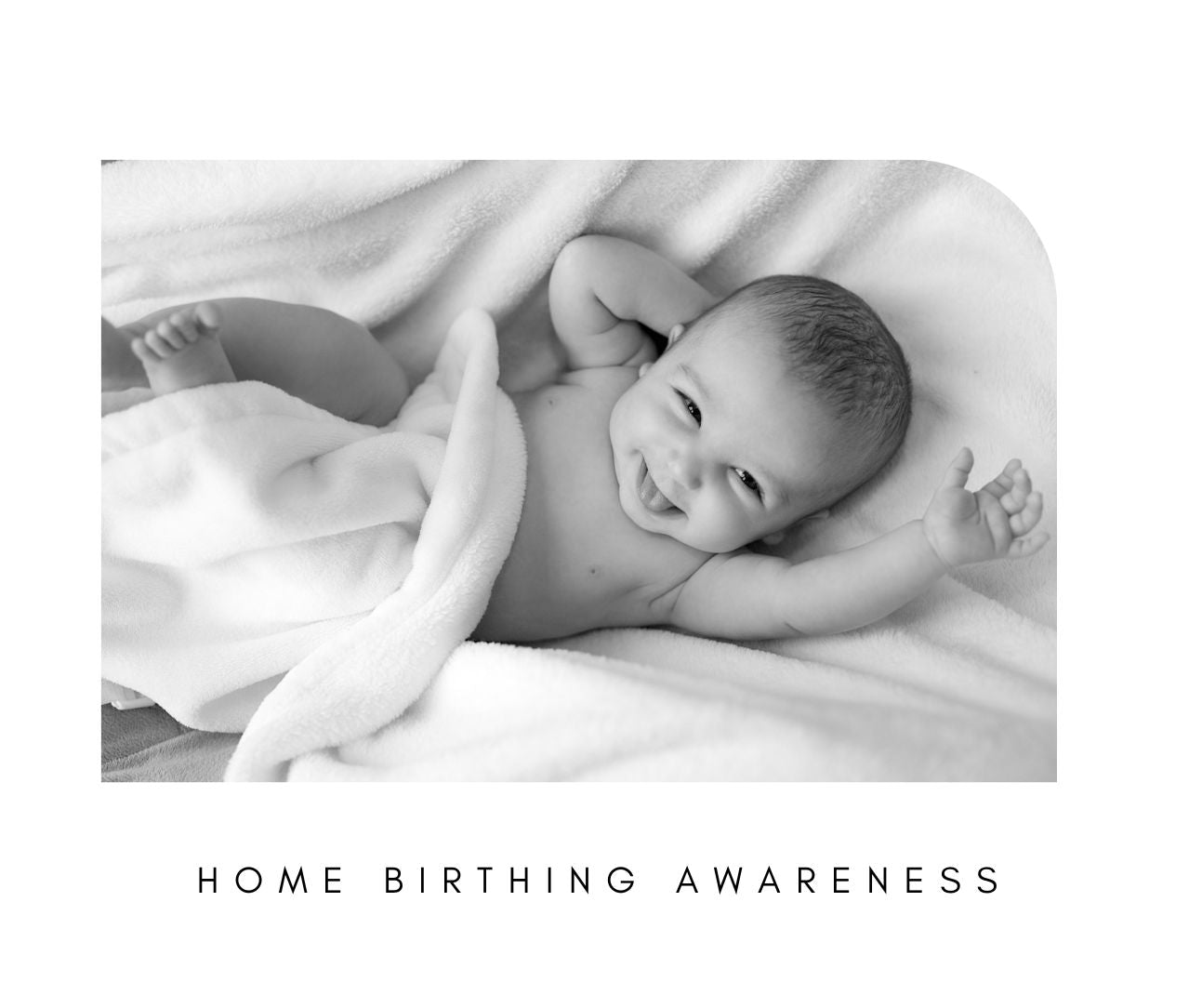Discovering Serenity: Essential Baby Sleep Tips for New Parents

Essential Baby Sleep Tips for New Parents
Welcoming a new baby into the world is a joyous occasion, but it also comes with its own set of challenges. One of the biggest hurdles new parents face is ensuring their baby gets enough sleep. This blog post aims to provide essential baby sleep tips for new parents, expecting mothers, and anyone looking to understand the nuances of infant sleep better. We'll explore practical advice, backed by expert recommendations, to help your baby—and you—get the rest needed.
The Importance of Baby Sleep
Understanding why sleep is crucial for infants is the first step towards ensuring they get enough of it. Babies need sleep for their overall development, including brain growth and physical health. During sleep, their bodies produce growth hormones essential for development. Additionally, a well-rested baby is generally happier and more engaged during waking hours.
Infants typically need around 14-17 hours of sleep in a 24-hour period. However, this can vary from baby to baby. It's crucial to observe your child's sleep patterns and adjust accordingly. Consistent sleep also helps regulate their mood and reduces fussiness.
Adequate sleep for your baby can also mean better rest for you. New parents often struggle with sleep deprivation, making it important to establish a routine that benefits the entire family.
Establishing a Sleep Routine
One of the most effective ways to ensure your baby gets enough sleep is by establishing a consistent sleep routine. A routine helps signal to your baby that it’s time to wind down and prepare for sleep. This can be as simple as a bath, followed by a story or gentle rocking.
Consistency is key. Try to put your baby to bed at the same time every night. This helps regulate their internal clock and makes it easier for them to fall asleep. A consistent wake-up time is equally important for maintaining this rhythm.
Incorporate soothing activities into the routine. Gentle rocking, soft music, or a lullaby can make a significant difference. The goal is to create a calming environment that signals to your baby that it’s time to sleep.
Creating a Sleep-Friendly Environment
The environment in which your baby sleeps can greatly impact their ability to fall and stay asleep. A sleep-friendly environment is one that is quiet, dark, and cool. Consider using blackout curtains to block out light and a white noise machine to drown out any disruptive sounds.
Ensure the crib is safe and comfortable. Use a firm mattress and avoid placing any loose bedding, pillows, or stuffed animals in the crib, as these can pose a suffocation risk. The American Academy of Paediatrics recommends that babies sleep on their backs to reduce the risk of Sudden Infant Death Syndrome (SIDS).
Maintain a comfortable room temperature. Overheating can disturb your baby's sleep, so aim for a room temperature that feels comfortable for a lightly clothed adult.
Understanding Sleep Cycles
Babies have different sleep cycles compared to adults. While adults typically cycle through deep and light sleep phases, babies spend more time in lighter sleep stages. This means they can wake up more easily, which can be challenging for new parents.
Understanding these sleep cycles can help you better respond to your baby's needs. For instance, if your baby wakes up crying, give them a moment to see if they settle back to sleep on their own. Rushing in too quickly can inadvertently wake them fully.
Recognizing the signs of tiredness can also help. Look for cues like rubbing eyes, yawning, or fussiness. These signs indicate that your baby is ready for sleep, and putting them down at the right time can make it easier for them to fall asleep.
The Role of Feeding
Feeding plays a significant role in your baby's sleep patterns. Many newborns need to feed every few hours, which can disrupt sleep. However, as your baby grows, they’ll be able to go longer between feedings, which can lead to longer stretches of sleep.
Consider a dream feed. This involves gently waking your baby for a final feed before you go to bed. The idea is to top them off so they sleep for a longer stretch during the night.
Be mindful of how feeding patterns change as your baby grows. While newborns may need to eat frequently, older babies can often go longer between feedings, which can help with establishing a consistent sleep schedule.
Napping Strategies
Daytime naps are crucial for your baby's overall sleep pattern. Contrary to what some might believe, better daytime sleep often leads to better nighttime sleep. Overly tired babies can become fussy and harder to put down at night.
Pay attention to the length and timing of naps. Short, frequent naps are typical for newborns, but as your baby grows, longer and fewer naps will become the norm. Try to avoid late afternoon naps as they can interfere with nighttime sleep.
Create a napping routine similar to the bedtime routine. This can include a quieter environment, dim lighting, and soothing activities to signal that it’s time for a nap.
Dealing with Sleep Regressions
Sleep regressions are periods when a baby who was previously sleeping well suddenly starts waking frequently during the night or skipping naps. These regressions are common and often coincide with developmental milestones.
Understanding that sleep regressions are temporary can help you cope. Stick to your established routines as much as possible, and offer extra comfort to your baby during these times.
Remember, consistency is crucial. While it can be tempting to adopt new habits to get through a regression, try to stick to your routines to avoid creating long-term sleep issues.
Encouraging Self-Soothing
Teaching your baby to self-soothe can be a game-changer for their sleep patterns. Self-soothing allows your baby to fall back asleep without your intervention, leading to better sleep for everyone.
Introduce a lovey or a small blanket that can offer comfort. Make sure it’s safe and doesn’t pose a suffocation risk. Placing this item in the crib can help your baby associate it with sleep and comfort.
Practice gradual methods to encourage self-soothing. For instance, try reducing the amount of time you spend rocking your baby to sleep each night, allowing them to learn to fall asleep on their own.
Handling Night Wakings
Night wakings are normal for babies, but how you handle them can impact your baby’s sleep patterns. When your baby wakes up at night, keep interactions to a minimum. Speak softly, keep the lights dim, and avoid stimulating activities.
If your baby wakes up hungry, feed them quietly and put them back to sleep as soon as possible. Avoid changing diapers unless necessary, as this can fully wake your baby and make it harder for them to fall back asleep.
Over time, your baby will learn that nighttime is for sleep, and these wakings will become less frequent.
Balancing Sleep and Daytime Activities
A well-balanced day with plenty of activities can positively impact your baby’s sleep. Ensure your baby gets enough physical activity and stimulation during the day. This can tire them out and make it easier for them to fall asleep at night.
Incorporate tummy time and other age-appropriate activities into their daily routine. Fresh air and natural light can also help regulate their sleep-wake cycles.
Be mindful of overstimulation. While activities are important, too much excitement before bedtime can make it harder for your baby to wind down.
Seeking Professional Help
Sometimes, despite your best efforts, you may struggle with your baby's sleep. If you're facing persistent sleep issues, don't hesitate to seek professional help. Paediatricians and sleep consultants can offer valuable guidance tailored to your specific situation.
Look for signs that professional help may be needed, such as chronic sleep deprivation, significant changes in your baby's behaviour, or if sleep issues are affecting your family's well-being.
Remember, seeking help is a proactive step towards ensuring your baby’s health and well-being.
Building a Support System
Parenting is challenging, and having a support system can make a significant difference. Connect with other parents who are going through similar experiences. Parenting groups, both online and offline, can offer valuable advice and emotional support.
Share your concerns and experiences with family and friends. Sometimes, just talking about your challenges can provide relief and new perspectives.
Don’t hesitate to ask for help. Whether it’s a night off or assistance with household chores, accepting support can alleviate stress and improve your overall well-being.
Summary and Next Steps
Ensuring your baby gets enough sleep is crucial for their development and your well-being. By understanding the importance of sleep, establishing routines, creating a sleep-friendly environment, and seeking support when needed, you can overcome sleep challenges and enjoy the joys of parenthood.
Take these tips to heart and adjust them to fit your unique situation. Every baby is different, and finding what works best for your family is key.
For personalized guidance and additional resources, consider booking a consultation with one of our experts. Together, we can make sleepless nights a thing of the past.
~jinki.com




